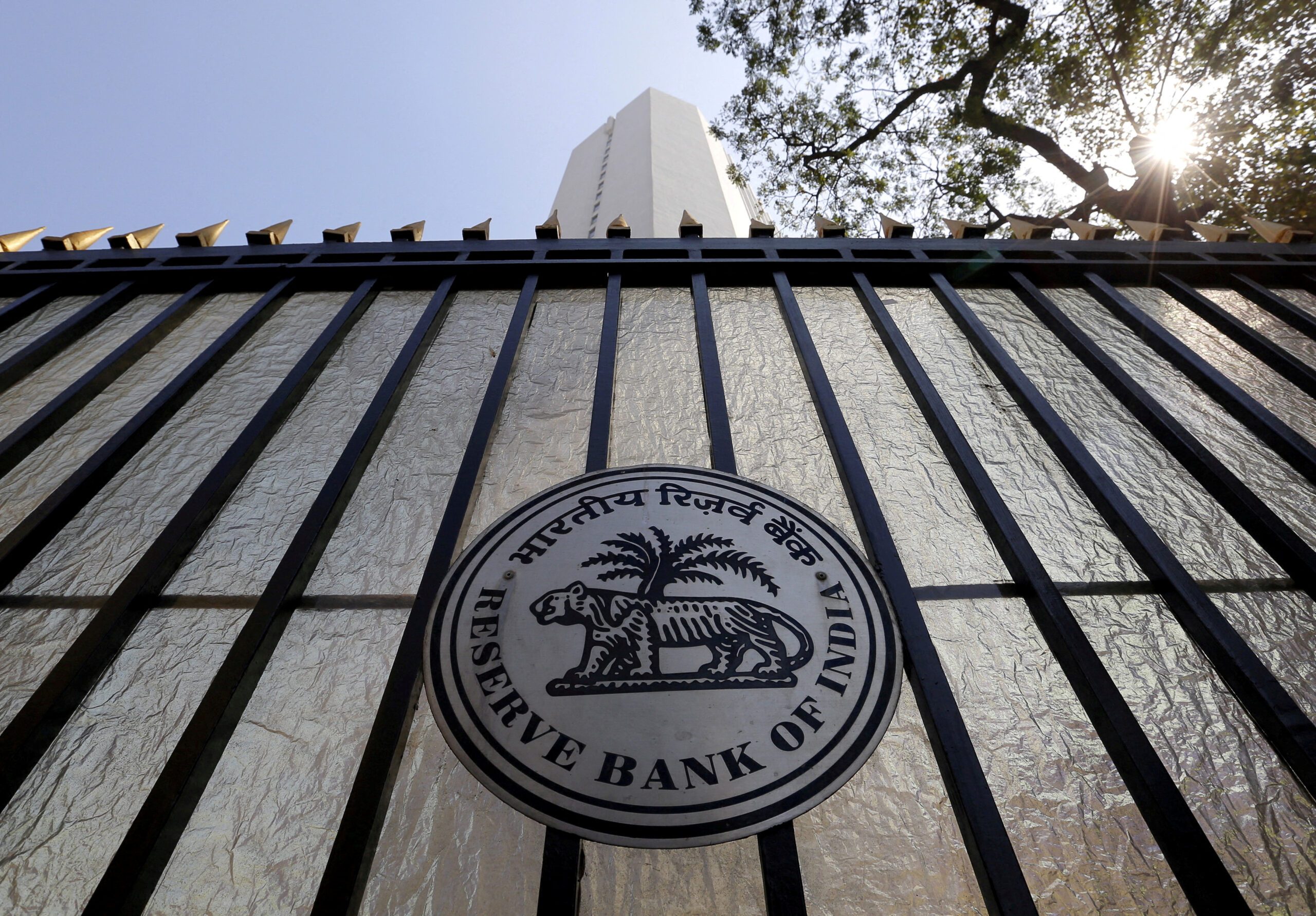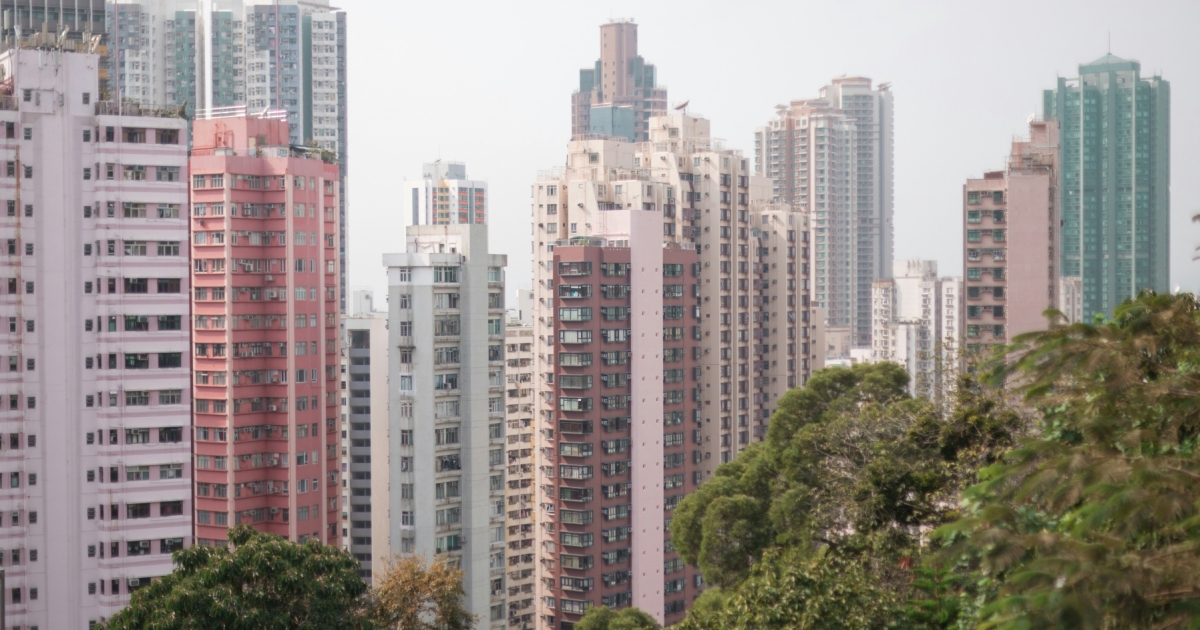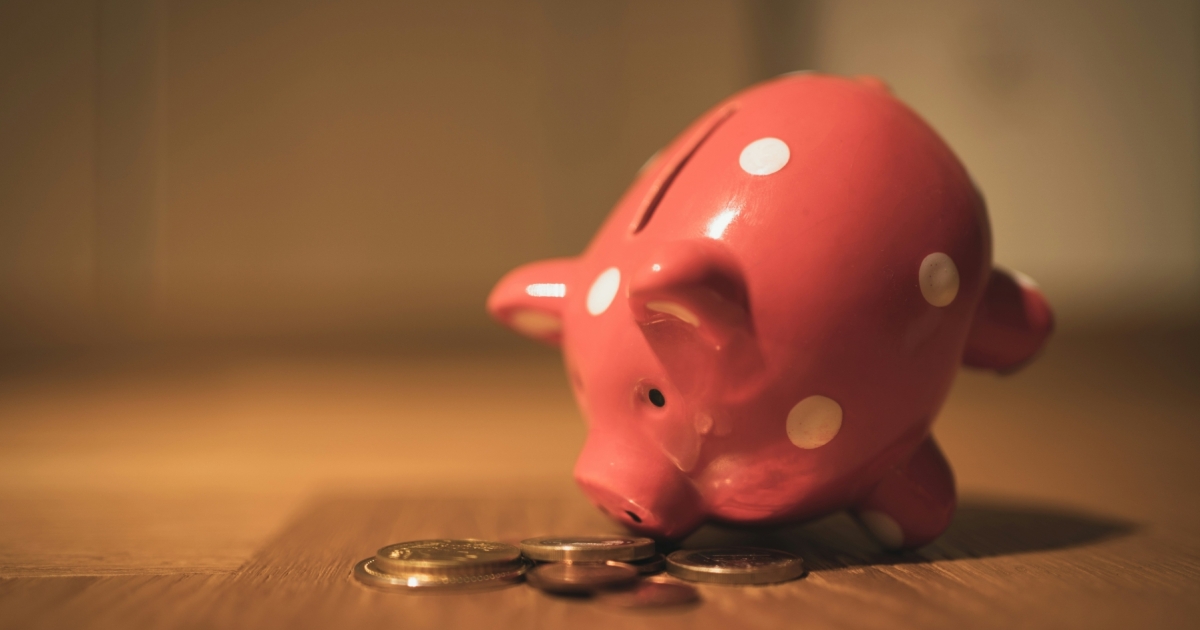BANGKOK — Thailand will celebrate World Cannabis Day with a large convention in Bangkok, as the kingdom further relaxes laws regarding the use of hemp in food and cosmetics products.
Some 50 booths will be set up for cannabis business owners to present their products and strategies. A networking event is scheduled on the first day, while a seminar with 14 industry experts will take place on the second day.
The second day of the event is on April 20, or 4-20, a number that has survived since the 1970s as a slang term for cannabis or using cannabis. The date also marks a global counterculture celebration of cannabis. This year, Bangkok will partake.
Large Thai companies intend to enter the budding market. Beverage giant Ichitan Group has applied for a license to produce hemp-related products, according to chairman Tan Passakornnatee. The producer of green tea drinks will introduce a new line of libations as soon as it receives the license.
Charoen Pokphand Group, Thailand’s largest conglomerate, has announced a collaboration with Maejo University, the country’s oldest agricultural institution, to advance research and development opportunities in the hemp field.
The relaxation of marijuana laws was a key electoral plank of Bhumjaithai — a mid-size party with outsized political sway in a ruling coalition that is clinging to a slim House majority. “We want to see the cannabis business become a new income source for farmers and industrialists,” said Anutin Charnvirakul, the party leader, deputy prime minister and public health minister.
Anutin insists that the crop can stimulate medical tourism as well. Tourism accounts for roughly 20% of Southeast Asia’s second largest economy.
Cannabis legalization has become a global, if spotty, trend. New York in March became the 16th U.S. state to legalize recreational marijuana. Mexico is awaiting Senate approval of a bill that would legalize recreational cannabis. The House passed the legislation in March, and President Andrews Manuel Lopez Obrador has signaled his willingness to sign the bill. Over 50 countries around the world have legalized medical marijuana.
The U.N. Commission on Narcotic Drugs in December removed cannabis from its list of the most dangerous drugs. The list includes substances like heroin and opioids, and marijuana’s removal opened the door to recognizing the crop’s medical and therapeutic values (the commission still maintains marijuana might harm public health).
After allowing medical marijuana in 2019, Thailand in January further relaxed regulations. Anyone or any company can obtain permission to acquire, grow, produce and sell hemp products. Parts of the hemp plant can be processed to make medicine, food or cosmetics.
The country differentiates hemp from cannabis. Although they are in the same family, hemp is nearly THC-free. It is also known for its strong fiber, which can be made into rope, paper, clothing and other products.
Farming cannabis will only be allowed under government supervision. Use of the highly narcotic parts of the marijuana plant, especially the flower and seeds, will be strictly limited to the medical, research and cultivation fields.





